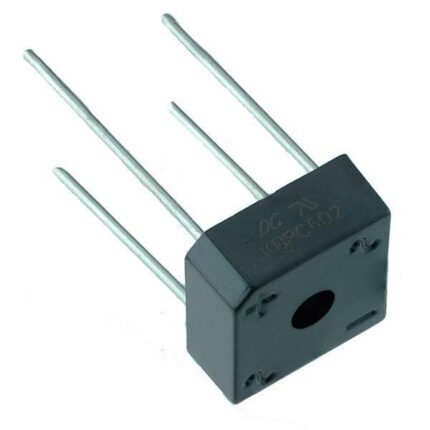
ADS1230IPWR – 20 Bit Analog to Digital Converter For Bridge Sensors
₹180.00
ADS1230IPWR – 20-Bit, 80SPS, 1-Ch Delta-Sigma ADC for Resistive Bridge Sensors & Weigh Scales
The ADS1230 is a 20-bit precision analog-to-digital converter (ADC). The ADS1230 provides a full front-end system for bridge application areas such as weigh scales, strain gauges, and pressure sensors thanks to an inbuilt low-noise programmable gain amplifier (PGA), onboard oscillator, and precision 20-bit delta-sigma ADC. The low-noise PGA has a gain of 64 or 128, allowing for a full-scale differential input of 39mV or 19.5mV. The delta-sigma ADC has an effective resolution of 20 bits and is made up of a 3rd order modulator and a 4th order digital filter.
APPLICATIONS
- Weigh Scales
- Strain Gauges
- Pressure Sensors
- Industrial Process Control
Features for the ADS1230
- Complete Front-End for Bridge Sensor
- Onboard PGA with Gain of 64 or 128
- Onboard Oscillator
- RMS Noise:
40nV at 10SPS (G = 128)
88nV at 80SPS (G = 128) - 18-Bit Noise-Free Resolution
- Selectable 10SPS or 80SPS Data Rates
- Simultaneous 50Hz and 60Hz Rejection at 10SPS
- External Voltage Reference up to 5V for Ratiometric Measurements
- Simple, Pin-Driven Control
- Two-Wire Serial Digital Interface
- Tiny 16-pin TSSOP Package
- Supply Range: 2.7V to 5.3V
- -40?C to 85?C Temperature Range
Description for the ADS1230
The ADS1230 is a precision 20-bit analog-to-digital converter (ADC). With an onboard low-noise programmable gain amplifier (PGA), onboard oscillator, and precision 20-bit delta-sigma ADC, the ADS1230 provides a complete front-end solution for bridge sensor applications including weigh scales, strain gauges, and pressure sensors.
The low-noise PGA has a gain of 64 or 128, supporting a full-scale differential input of ?39mV or ?19.5mV, respectively. The delta-sigma ADC has 20-bit effective resolution and is comprised of a 3rd-order modulator and 4th-order digital filter. Two data rates are supported: 10SPS (with both 50Hz and 60Hz rejection) and 80SPS. The ADS1230 can be clocked by the internal oscillator or an external clock source. Offset calibration is performed on-demand, and the ADS1230 can be put in a low-power standby mode or shut off completely in power-down mode.
All of the features of the ADS1230 are controlled by dedicated pins; there are no digital registers to program. Data are output over an easily-isolated serial interface that connects directly to the MSP430 and other microcontrollers.
The ADS1230 is available in a TSSOP-16 package and is specified from -40?C to 85?C.


MAECENAS IACULIS
Vestibulum curae torquent diam diam commodo parturient penatibus nunc dui adipiscing convallis bulum parturient suspendisse parturient a.Parturient in parturient scelerisque nibh lectus quam a natoque adipiscing a vestibulum hendrerit et pharetra fames nunc natoque dui.
ADIPISCING CONVALLIS BULUM
- Vestibulum penatibus nunc dui adipiscing convallis bulum parturient suspendisse.
- Abitur parturient praesent lectus quam a natoque adipiscing a vestibulum hendre.
- Diam parturient dictumst parturient scelerisque nibh lectus.
Scelerisque adipiscing bibendum sem vestibulum et in a a a purus lectus faucibus lobortis tincidunt purus lectus nisl class eros.Condimentum a et ullamcorper dictumst mus et tristique elementum nam inceptos hac parturient scelerisque vestibulum amet elit ut volutpat.
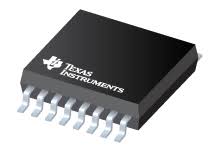


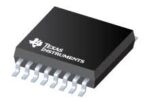
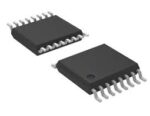

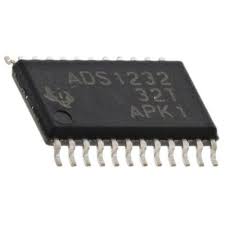



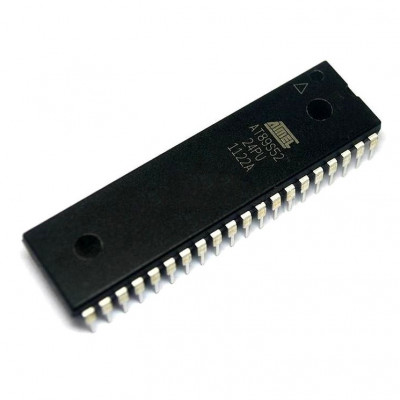
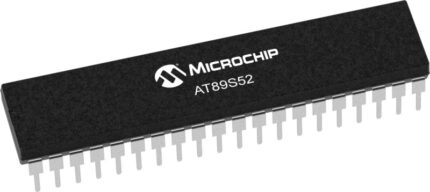
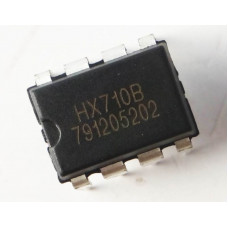

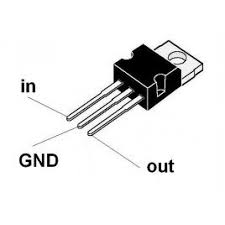












Reviews
There are no reviews yet.